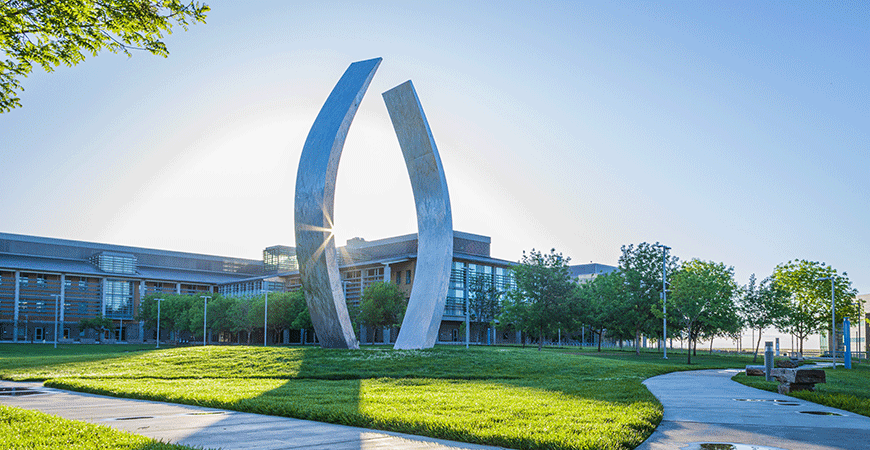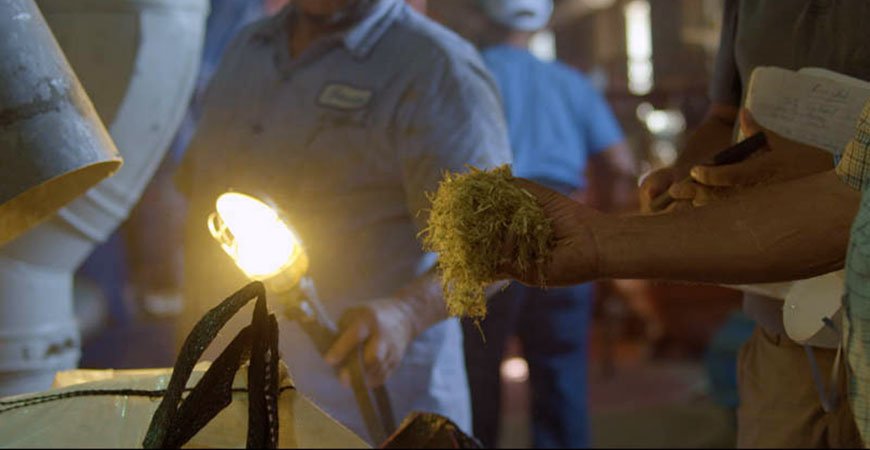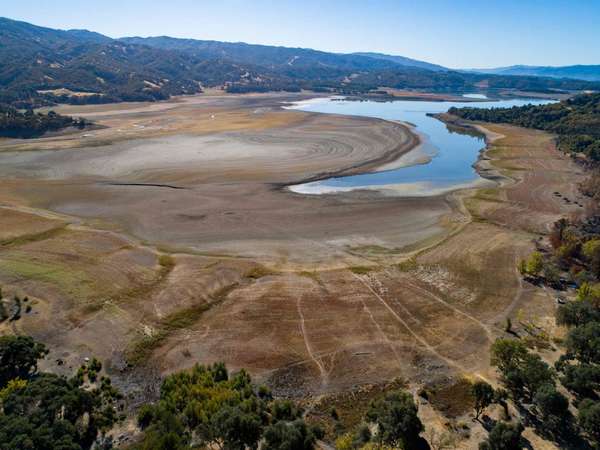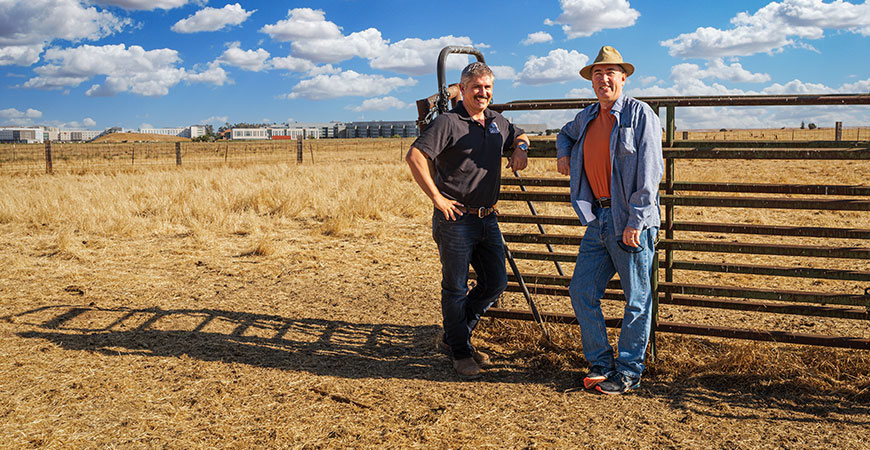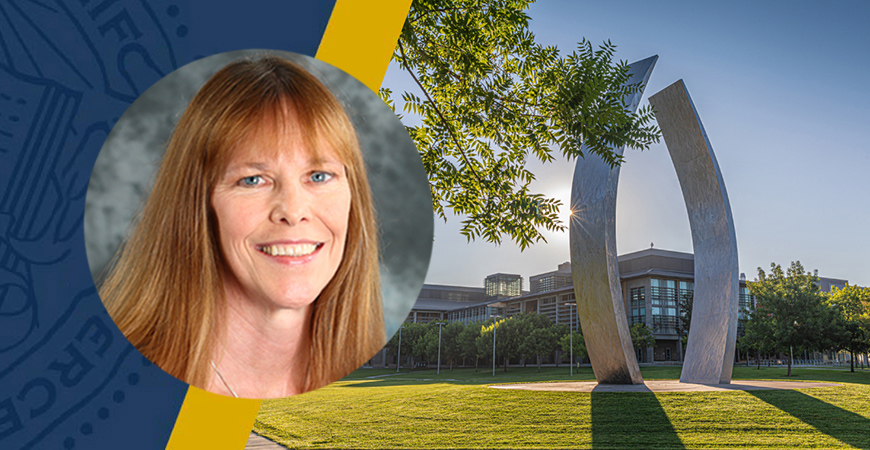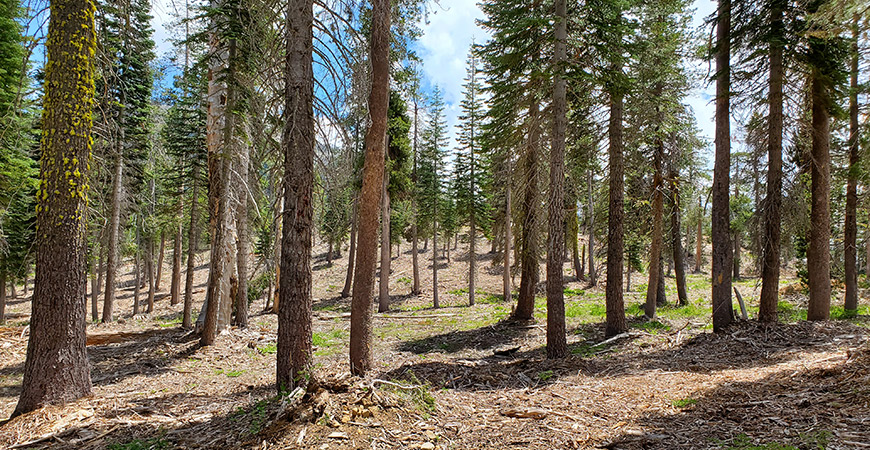UC Merced continues to demonstrate its growing influence on the global stage.
Several faculty members landed on Clarivate’s 2025 list of the world’s most‑cited researchers. The honor is reserved for the top 1% of scholars whose work has shaped their fields over the last 10 years....

